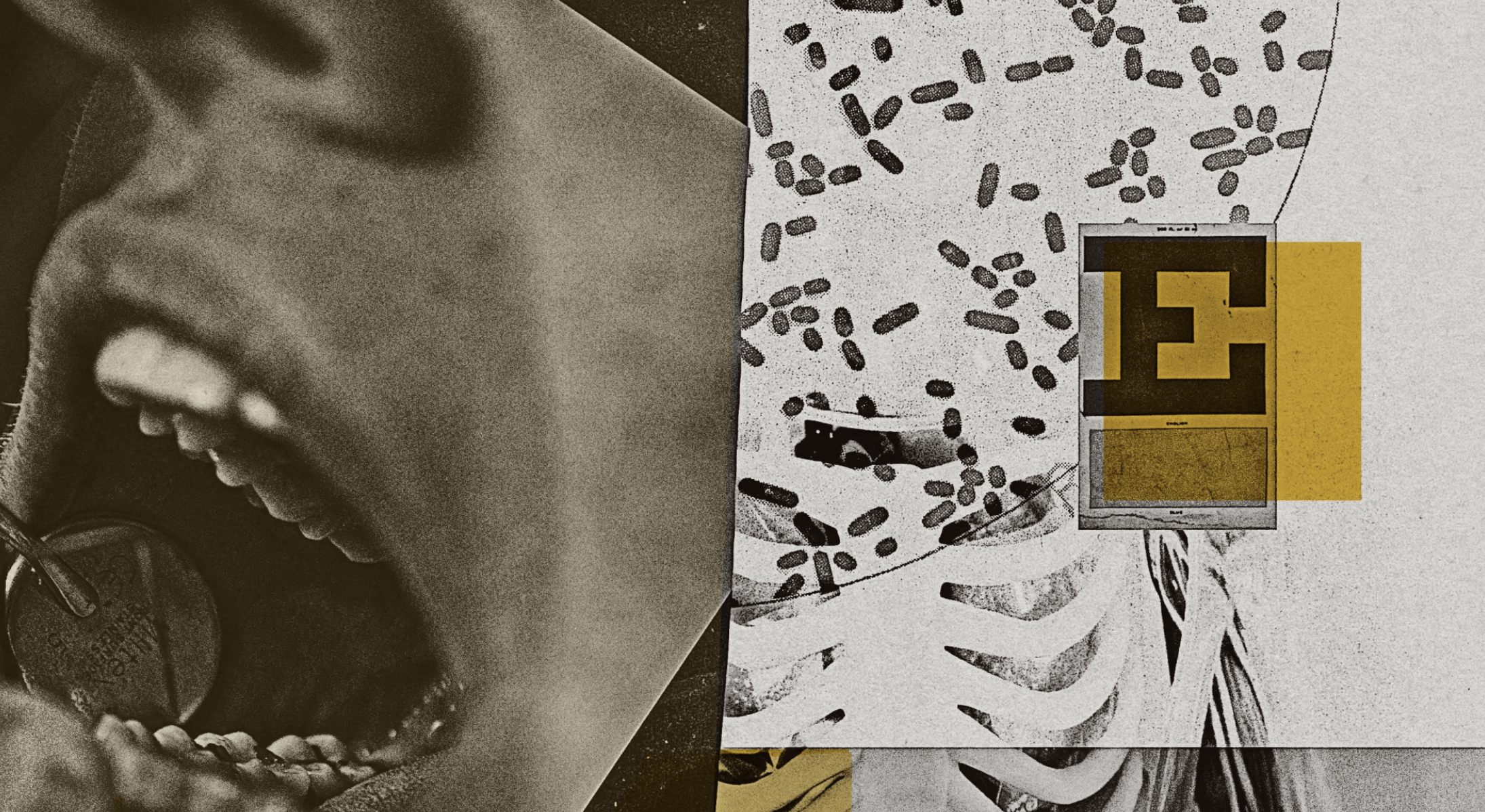MIT Technology Review – As anyone who has googled their symptoms and convinced themselves that they’ve got a brain tumor will attest, the internet makes it very easy to self-(mis)diagnose your health problems.
And although social media and other digital forums can be a lifeline for some people looking for a diagnosis or community, when that information is wrong, it can put their well-being and even lives in danger.
Unfortunately, this modern impulse to “do your own research” became even more pronounced during the coronavirus pandemic.
This story is part of MIT Technology Review’s series “The New Conspiracy Age,” on how the present boom in conspiracy theories is reshaping science and technology.
We asked a number of health-care professionals about how this shifting landscape is changing their profession. They told us that they are being forced to adapt how they treat patients.
It’s a wide range of experiences: Some say patients tell them they just want more information about certain treatments because they’re concerned about how effective they are.
Others hear that their patients just don’t trust the powers that be. Still others say patients are rejecting evidence-based medicine altogether in favor of alternative theories they’ve come across online.
These are their stories, in their own words.
The physician trying to set shared goals
David Scales
Internal medicine hospitalist and assistant professor of medicine,
Weill Cornell Medical College
New York City
Every one of my colleagues has stories about patients who have been rejective of care, or had very peculiar perspectives on what their care should be.
Sometimes that’s driven by religion. But I think what has changed is people, not necessarily with a religious standpoint, having very fixed beliefs that are sometimes—based on all the evidence that we have—in contradiction with their health goals. And that is a very challenging situation …



